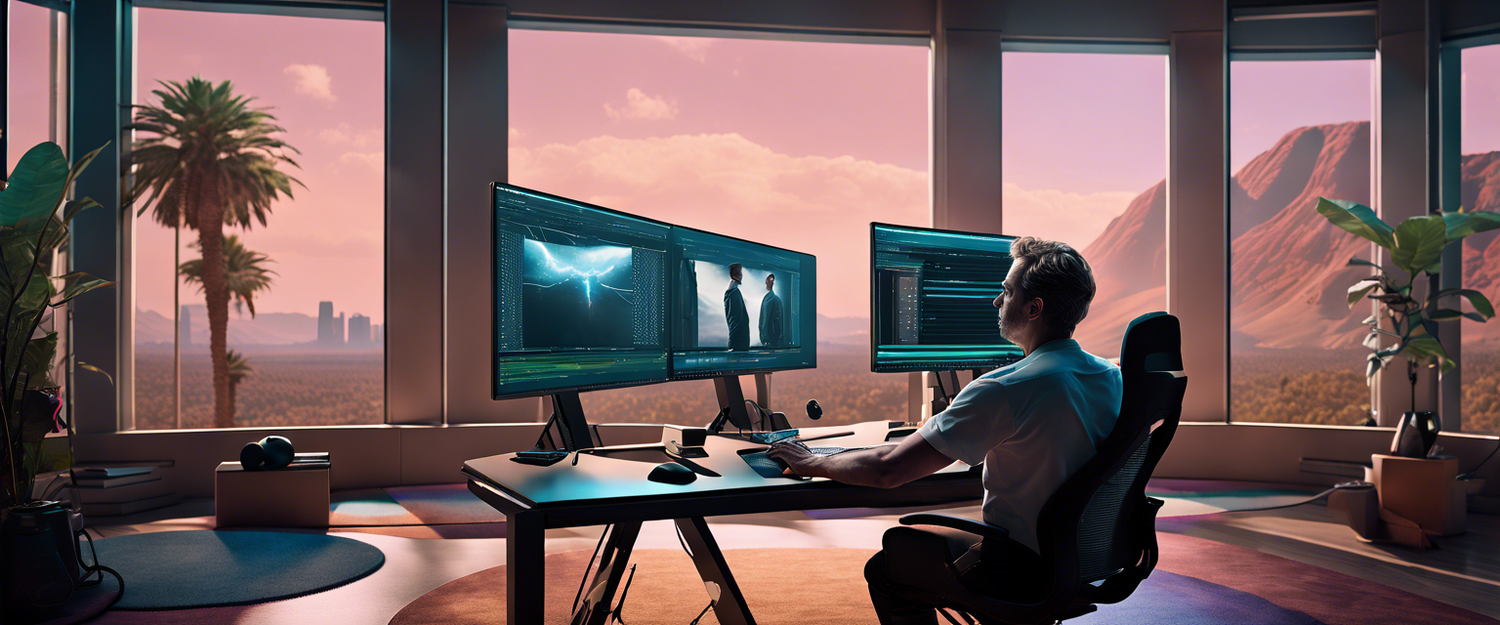Elon Musk's Legal Battle Against OpenAI: Key Details Revealed
In a significant turn of events in the tech world, Elon Musk has taken legal action against OpenAI, alongside several of its co-founders and its major investor, Microsoft. This news, reported by Odaily, highlights the ongoing tensions within the artificial intelligence industry.
Preliminary Injunction Filed in California
Late Friday, Musk's legal team filed a preliminary injunction in the U.S. District Court for the Northern District of California. The suit targets prominent individuals and entities within OpenAI, including CEO Sam Altman, President Greg Brockman, and LinkedIn co-founder Reid Hoffman, who previously served on OpenAI’s board. Such a move indicates serious allegations about the dealings and strategies within the AI sector.
Allegations Against OpenAI and Microsoft
The filed motion accuses these parties of a range of illegal activities. Musk claims that OpenAI and its associates have actively worked to suppress competition by preventing investors from supporting rivals, particularly Musk's own AI venture, xAI. This raises critical questions regarding fairness and legality in the rapidly evolving AI landscape.
Furthermore, the lawsuit alleges that the partnership between OpenAI and Microsoft has resulted in the acquisition of confidential competitive information through illegal means. Such claims underscore the competitive pressures and ethical dilemmas present in the realm of artificial intelligence development.
Governance Structure Concerns
Musk's legal filing also highlights serious concerns regarding OpenAI's shift in governance. The motion argues that OpenAI has transitioned from a non-profit model to a for-profit structure, leading to the alleged misappropriation of material assets, including intellectual property, controlled by OpenAI and its various subsidiaries.
According to the claims, this change has placed OpenAI in a position where it engages in business with organizations that have significant economic interests in the company, which Musk’s team views as a conflict of interest.
Potential Consequences of the Injunction
The motion seeks to halt what Musk’s attorneys describe as activities that could lead to "irreparable harm" if not addressed. This injunction, if granted, would have profound implications for OpenAI's operations and future collaborations.
Moreover, Musk's previous experiences and claims, particularly his assertion that he was misled into contributing over $44 million to OpenAI under false pretenses, further complicate the narrative. He argues that his concerns about the dangers posed by artificial intelligence were not adequately acknowledged during his tenure with the company.
The Broader Implications
The case raises significant questions about the ethical governance of AI companies. Musk, one of OpenAI's co-founders, resigned from the company in 2018 amid disagreements with its strategic direction. This legal battle highlights the tensions between innovation, competition, and ethical responsibility in the technology sector.
As the situation develops, the outcome of this legal challenge may set important precedents regarding corporate governance, fairness in competition, and the ethical considerations of AI development.



Laat een reactie achter
Alle reacties worden gemodereerd voordat ze worden gepubliceerd.
Deze site wordt beschermd door hCaptcha en het privacybeleid en de servicevoorwaarden van hCaptcha zijn van toepassing.